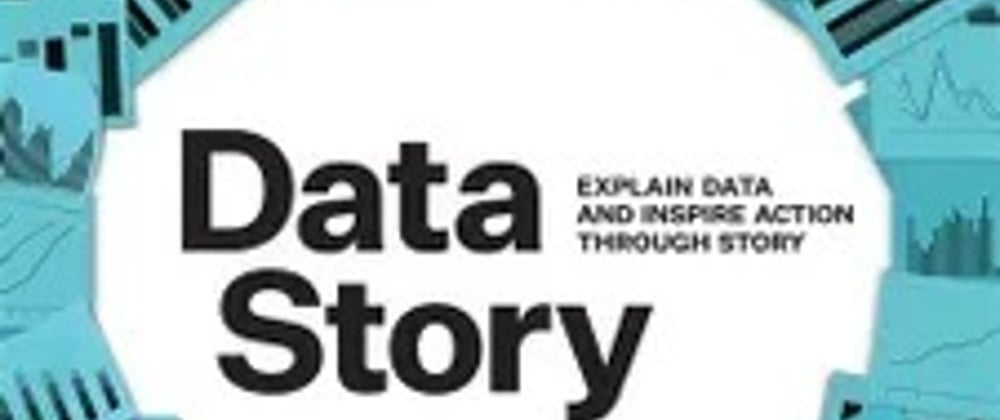When someone hears the word "data science" they often assume the meaning is an entirely analytical job. Though this is true, I like to think of it as a storytelling field. After all who doesn't love a good story? When a data analyst is given a dataset to analyze, we often try to find patterns, trends, and anomalies within the dataset and use that information to make business decisions or predict future data. It would be okay to view this as a pure analysis job, but a better way to think of it is by picturing the information as a story your data is trying to tell.
Let's take my case as an example. I remember one of the first exciting stories (that gave rise to the Idiom " Don't fly too close to the sun") I heard from my Mum when I was a kid. The story of Icarus and Daedalus. I remember the first time she launched into the story. I couldn't quite fathom how this story would end. As I was introduced to the fantastical characters and the unique circumstances they found themselves in, I imagined all the scenarios that could have resulted to their final fate. And as the story unfolded, it became gradually clear what fate would befall them. In the end, Icarus plummeted down to earth as his father, Daedalus, watched. It was clear that the main lesson was the value of listening to our elders.
You might ask, how does the story tie in with data science? Well, let's take our dataset and equate it to the story before we heard it. They are both a mystery. We have no idea what the dataset wants to tell us. But, as the story and the dataset unfold (in our case as we do data explorative and descriptive analysis) we start to get a clearer picture. At the end of our story, we come to understand the patterns (our story's character decisions), the features ( environmental circumstances our characters find themselves in), and the information the dataset gives us ( the lesson learned from our character's story).
Looking for your data's story is a valuable skill every data scientist must work on improving, and the way to do that is through visualizations. As data scientists, we need to develop skills from broad and various fields. We need some business knowledge, some maths, statistics, and programming. But, I would argue that learning to tell a story with your data is an essential skill as well.
In summary, if you are a good storyteller and can create efficient visualizations, you will uncover your data's story, present that story effectively to your clients, and prove the value of your work.










Top comments (0)